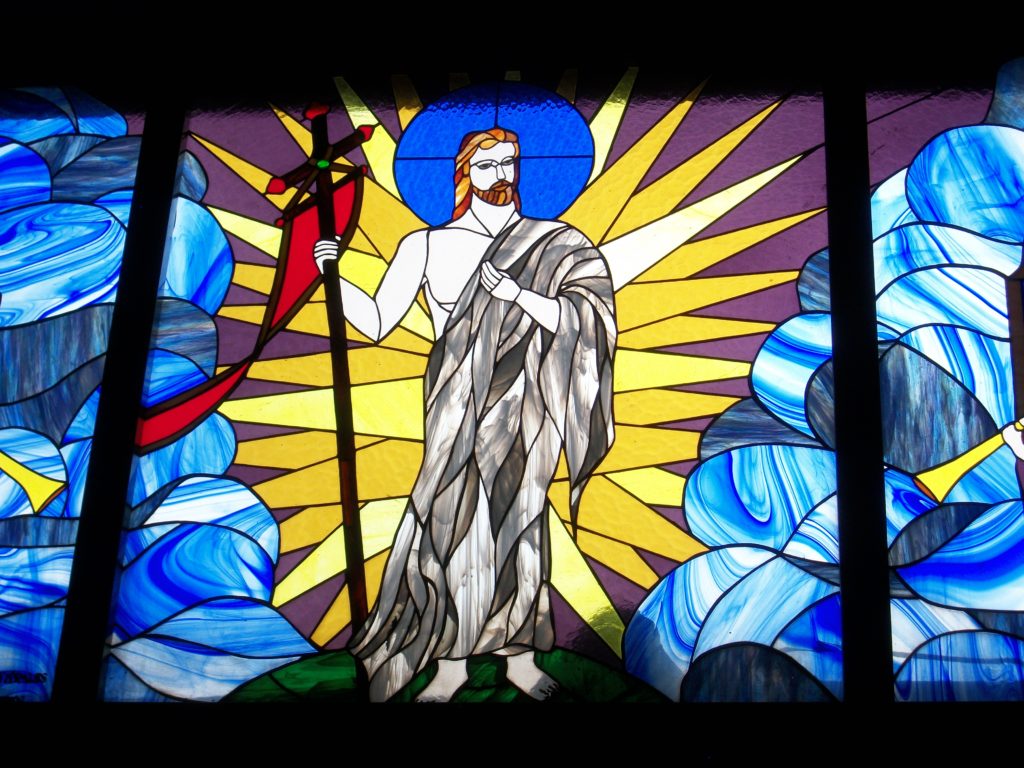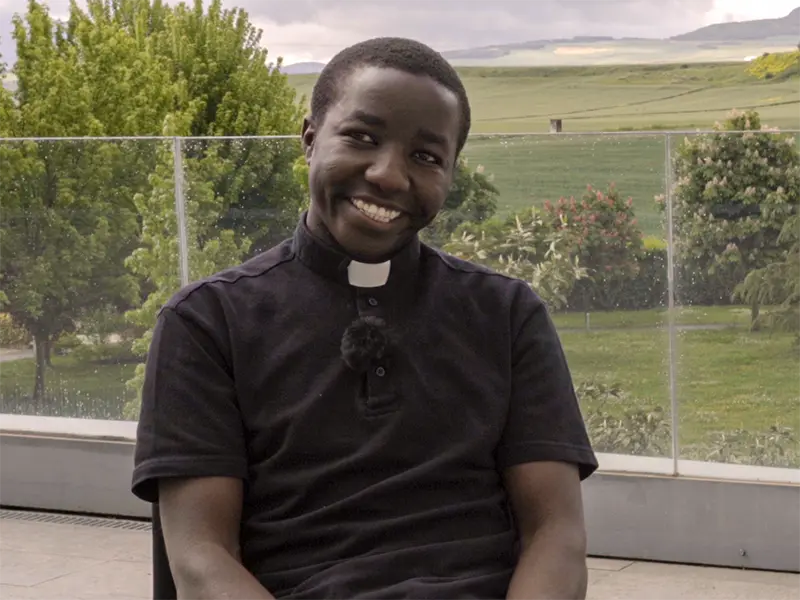Reflection by Monsignor Enrique Díaz: The Lord’s commandments gladden the heart
XXVI Ordinary Sunday

Monsignor Enrique Díaz Díaz shares with the readers of Exaudi his reflection on the Gospel of this Sunday, September 29, 2024, entitled: “The Lord’s commandments gladden the heart.”
***
Numbers 11, 25-29: “I wish that all the people of God were prophets”
Psalm 18: “The commandments of the Lord gladden the heart”
James 5, 1-6: “Their riches have been corrupted”
St. Mark 9, 38-43. 45. 47-48: “He who is not with us is on our side. If your hand causes you to sin, cut it off”
Why the wounds of the world? Wars, inequalities, migrations, and crimes have the same origin: man’s selfishness and ambition. With strong images, the Apostle James rebukes those who have everything, not because they have it, but because of the injustices on which their fortunes have been based. “The wages that you have defrauded… are crying out against you.” Why don’t we live as brothers? Why build walls instead of bridges?
When everything seems to be in our favour, when there are many things that unite us, why do these small differences have to appear that come to hinder unity in the face of very serious problems? Why do pettiness and sectarianism not allow us to link arms and strength to face difficulties? There are wonderful examples of what a united people can achieve. We already recalled in recent days the impressive example that Mexico gave in the earthquakes that shook the capital. The tragedy is remembered, but also the devotion and generosity of a people who united to rise from such a huge disaster are remembered with emotion. But then individualism, envy and selfishness appear. It happens everywhere, the same in the government, in organizations and even in the Church. In the episode that Saint Luke tells us, he reveals that it also happens among the apostles. The story reveals a strident contrast between the meanness of the apostles, their punctilious zeal for the group, and the generosity, tolerance and open spirit of Jesus. The apostles disqualify that man “because he was not one of us” and forbid him to do so, even though what he was doing was expelling demons, as was their own mission.
Now that the crisis is raging, these examples are useful to us. There are many who are seeking the good of our country, there are those who say they are ready for great sacrifices, but we need to open our hearts and ears to the proposals of others. There are disqualifications just because they are not part of our group, and great possibilities are closed. There are strong polarizations that produce disagreements and rivalries. The solution is to welcome, listen and collaborate, rather than to conquer and try to make them one of our own or to impose our idea by force. Sometimes it is easier to criticize than to open the way, to disqualify than to get down to work. However, today, Jesus teaches us that neither sectarianism nor intolerance have a place in the Christian community. There can be no envy because others do good. The important thing is that it is done! Jesus calls us to tolerance, to respect, to joy for the good done, no matter who does it. The disciple, of yesterday and today, must know how to value and work, shoulder to shoulder, with all those who seek good and fight for a more just and fraternal world. No one who is in search of justice should feel alone, and even less in opposition to the true Christian. Whoever gives himself to the weak, the humiliated and abandoned, whoever he may be, is in reality seeking the Kingdom of God, whether he realizes it or not, but God knows it and we must join in his task.
Jesus clearly manifests his choice for the Kingdom, on the one hand, it is open to all men and women, whoever they are, wherever they come from, but it demands radicalism. And if at the moment everything seemed to be generosity, then he pronounces strong and clear words about the scandal of the little ones and being an occasion for sin. Just as the glass of water and the details that have taken into account the little ones will not go unrewarded; the acts and gestures that harm and damage these same little ones will not go unpunished. The decomposition and corruption of customs in fashions and shows, especially in the field of sex, has traditionally been seen as scandal. And this is important, because sometimes we have become accustomed to an environment of hedonism, permissiveness and contempt for the person who no longer scandalizes us. We must be very careful about this, but not only that: inequality and injustice today are real scandals that are leading us to failure, to a lack of solidarity and to the marginalization of the weakest. Violence, crimes, attacks on freedom are real scandals that we must “cut out” in our society.
There are those who have taken these demands of Jesus seriously and have begun to mutilate their members, as if by simply cutting off a member they would be assured of participation in the Kingdom. Jesus goes much further. He expresses a demand for radicalism in our lives and an openness to the values of the Kingdom that lead us to put aside all that is selfishness. Let us look at the same attitude of Jesus. Let us open our eyes and discover the great number of people and groups who work for life and sow the Kingdom, who help, smile and fight. Let us welcome them and rejoice with them, let us unite our efforts with theirs. Then let us look at our lives: what do I need to broaden my horizons? What cancer must I cut out? How am I going to build the Kingdom with those who are different?
Lord Jesus, with your forgiveness and your mercy, you give us the most delicate proof of your love, have mercy on us, sinners, so that we may be able to open our arms to those who are different and not falter in the struggle to build your Kingdom. Amen.
Related

Reflection by Bishop Enrique Díaz: Alleluia, alleluia
Enrique Díaz
20 April, 2025
5 min

Christ is Risen! Alleluia! Commentary by Fr. Jorge Miró
Jorge Miró
20 April, 2025
3 min

Easter: Mystery of Freedom
Carlos J. Gallardo
20 April, 2025
5 min

“Being Catholic in Tanzania is a source of pride”
Fundación CARF
16 April, 2025
6 min
 (EN)
(EN)
 (ES)
(ES)
 (IT)
(IT)

